Keywords: Concern Australia
There are more than 24 results, only the first 24 are displayed here.
Become a subscriber for more search results.
-
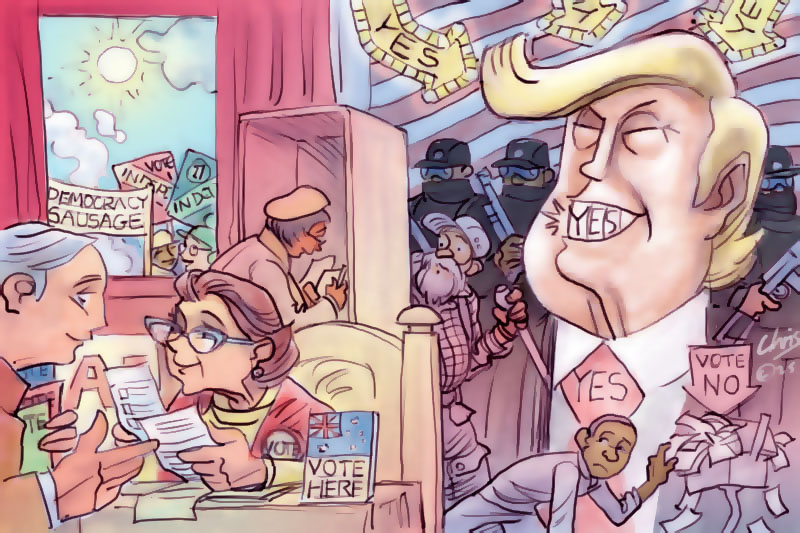
AUSTRALIA
- Jim McDermott
- 01 May 2025
From across the Pacific, Australia’s election looks refreshingly sane: debates over fuel taxes and modest wage hikes. But the surface calm belies deeper frustrations: housing scarcity, voter disillusionment, political evasion. But for an American watching from a fractured homeland, the question is how long that difference can hold.
READ MORE
-

RELIGION
- Andrew Hamilton
- 01 May 2025
Three elections, three systems, one shared question: what kind of person should lead? As voters and cardinals choose their next leaders, attention turns from policy to personality — to character, courage, and conviction. In an age of division, the qualities that guide a life may yet decide the fate of nations.
READ MORE
-
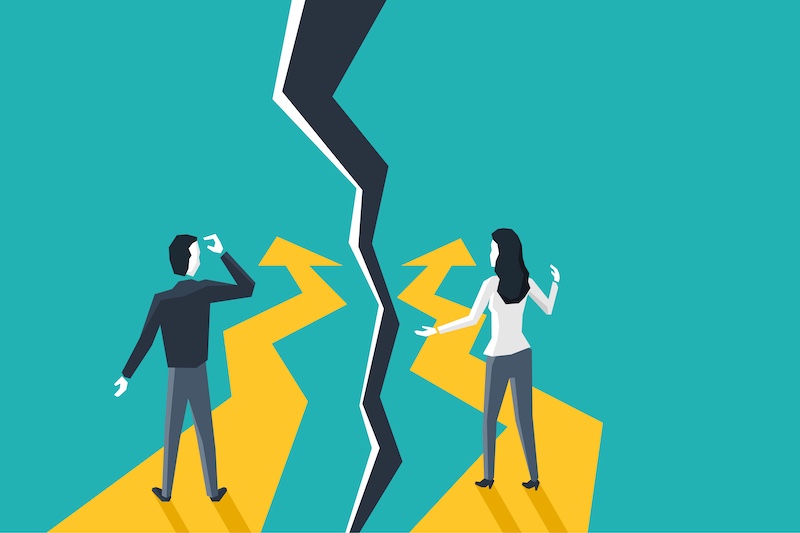
AUSTRALIA
- Andrew Hamilton
- 24 April 2025
This year has been marked by growing introspection concerning our culture. At the heart of the division between a conflictual and an eirenical view of public life lie different understandings of the value of human life and of what it means for human beings to flourish.
READ MORE
-

AUSTRALIA
- Melinda Tankard Reist
- 11 April 2025
A growing number of female teachers in Australia are leaving the profession, citing daily sexual harassment from their own students. Fuelled by pornography and social media, the misconduct ranges from crude comments to deepfake abuse, raising urgent questions about safety, consent, and the culture festering inside today’s classrooms.
READ MORE
-
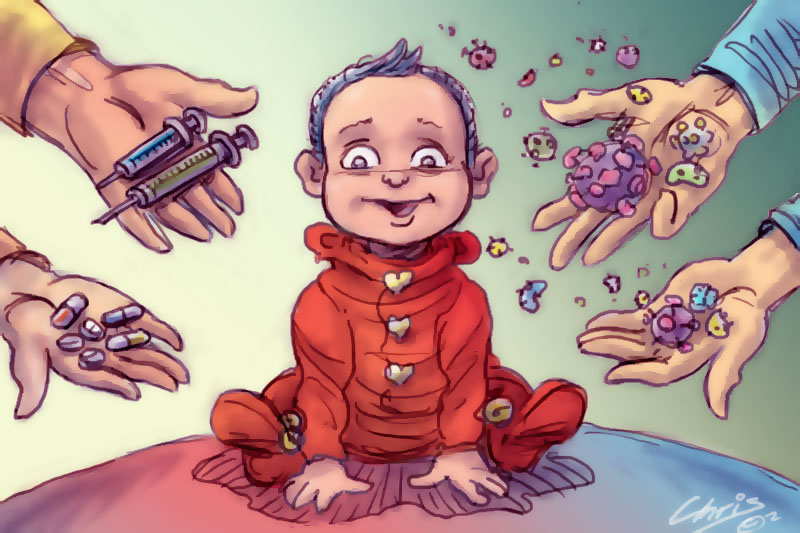
AUSTRALIA
Immunisation has protected communities for centuries, from early smallpox prevention in 200 BC to the eradication of deadly diseases. Yet today, vaccine confidence is slipping. Misinformation, social media, and shifting parental anxieties are fuelling a quiet backlash, raising urgent questions about trust and public health in a changing world.
READ MORE
-
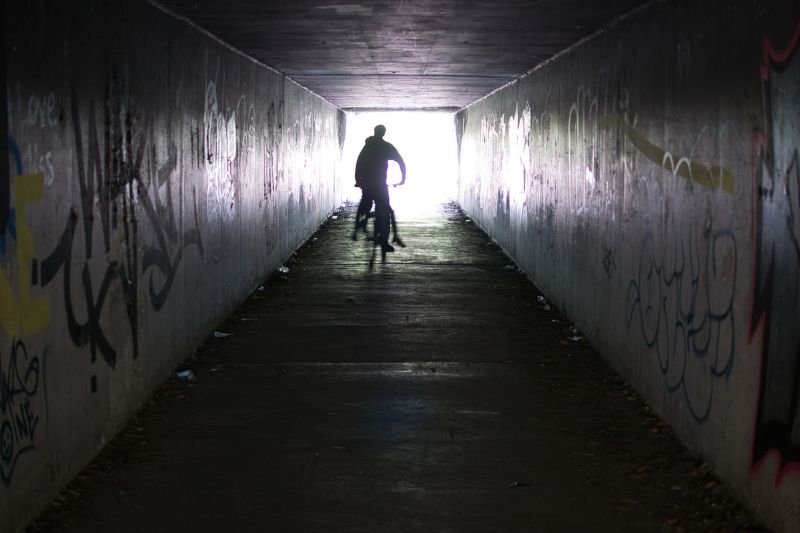
AUSTRALIA
- Andrew Hamilton
- 02 April 2025
Countering a rise in youth crime with tough new bail laws will ensure community safety, but risks compounding the very crisis they aim to solve. As more children are placed in detention, the changes raise urgent questions about justice, policy failure, and the long-term social cost of prioritising punishment over prevention.
READ MORE
-

AUSTRALIA
- Andrew Hamilton
- 24 March 2025
With America's reliability in question, Australia is rethinking what security really means. Should it double down on military self-reliance, or reconsider the cost of placing defence above all else? As alliances fray and power shifts, the country faces a deeper reckoning: whom can it trust—and at what price?
READ MORE
-
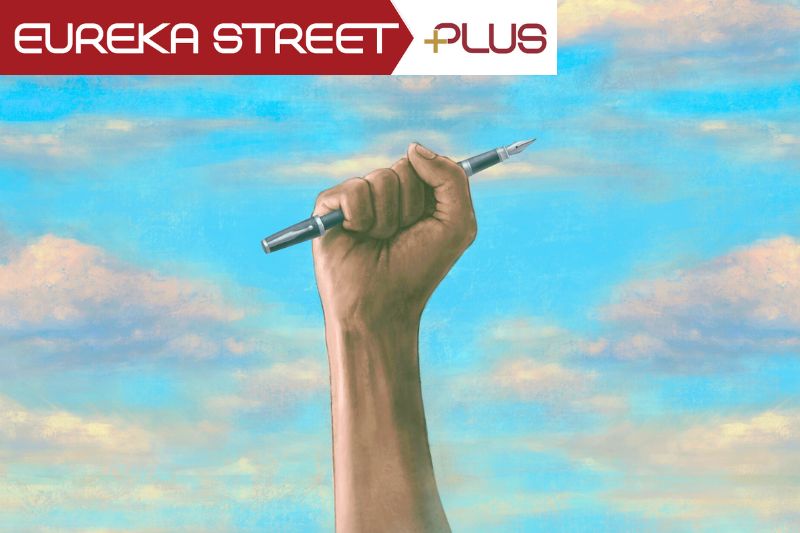
MEDIA
Across a range of divisive issues from gender to race to public health, newsrooms are increasingly blurring the line between reporting and advocacy. As language is reshaped to reflect activist priorities, and opposing views are treated as moral threats, journalism risks losing its most essential commitment: telling the truth plainly.
READ MORE 
-

ARTS AND CULTURE
- Gillian Bouras
- 28 February 2025
What makes a writer? Is it exile, loss, or the relentless pull of history? In One Another, Gail Jones traces the lives of two outsiders—Joseph Conrad and a young Australian academic—both adrift between worlds, both seeking meaning in words. A novel about displacement, identity, and the burden of storytelling.
READ MORE 
-
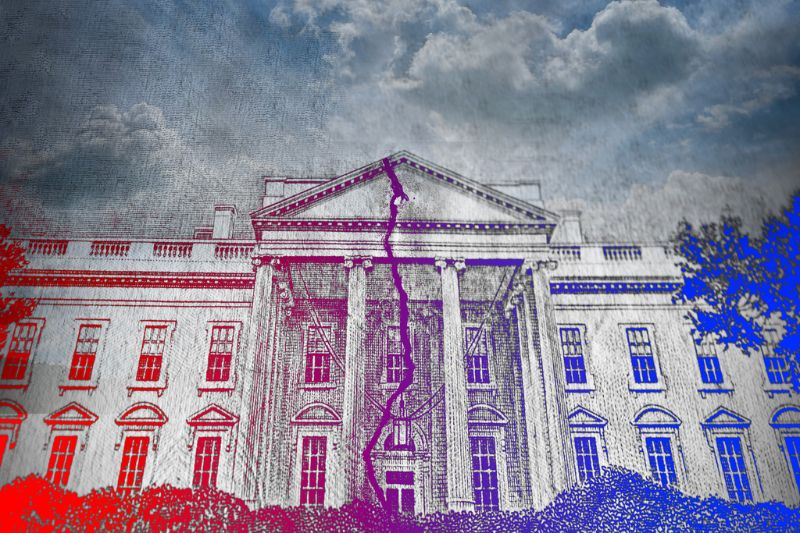
INTERNATIONAL
- David James
- 26 February 2025
With China and Russia asserting influence, alliances shifting, and economic nationalism rising, the unipolar era may be over. Is the U.S. retreating, recalibrating, or losing control? For decades, America dictated the global order. Now, the world is learning to move without it.
READ MORE
-
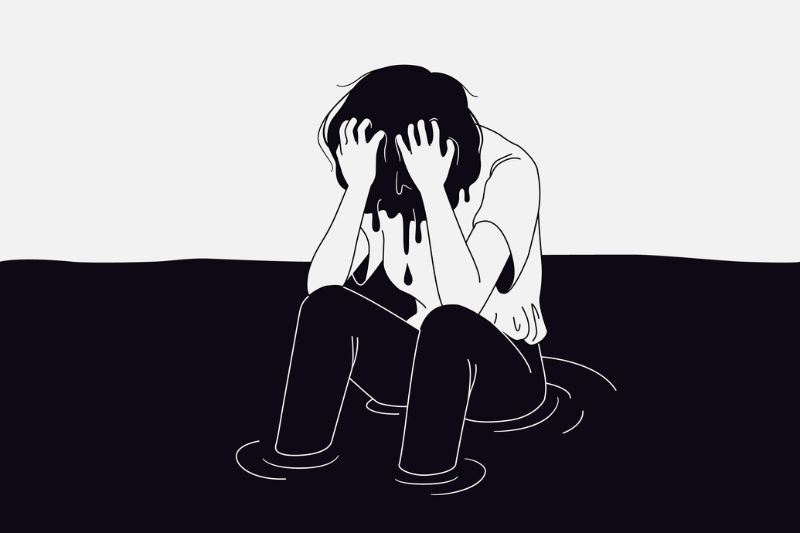
ENVIRONMENT
- Jo Skinner
- 19 February 2025
As climate disasters escalate, more young people grapple with anxiety, despair, and a deep sense of uncertainty. Finding resilience amid rising global temperatures has become a defining challenge for a generation confronting an increasingly unstable world.
READ MORE
-

RELIGION
- Emma Carolan
- 19 February 2025
Amidst a rise in antisemitism globally, some in the Jewish community have raised concerns about echoes of historic anti-Judaism resurfacing within the Church. While Catholic leaders condemn overt hate, has the Church fully confronted its entrenched biases, or do old prejudices still affect its response in ways that go unnoticed?
READ MORE